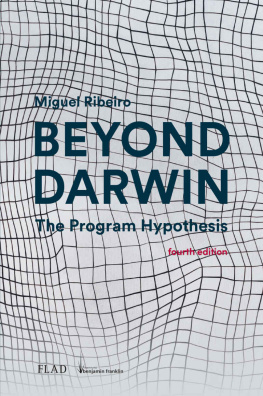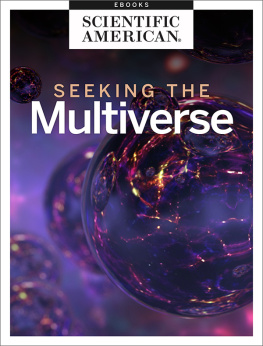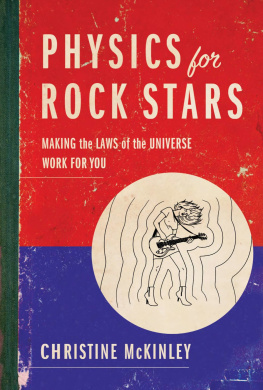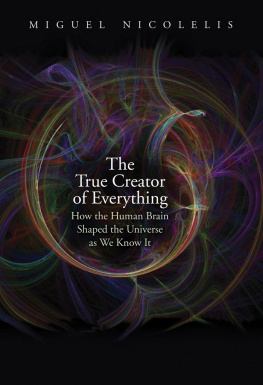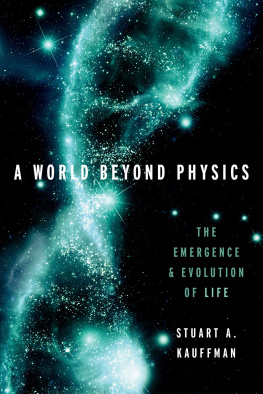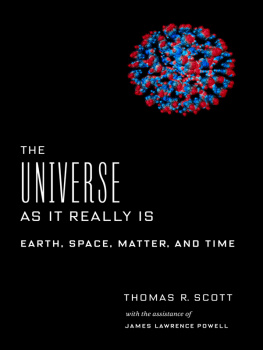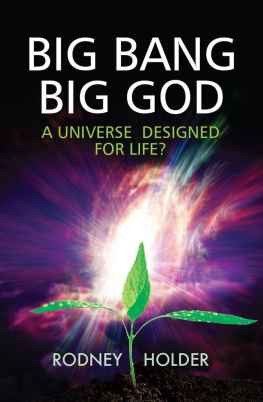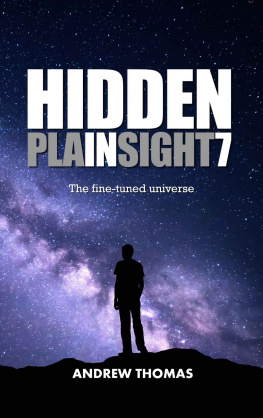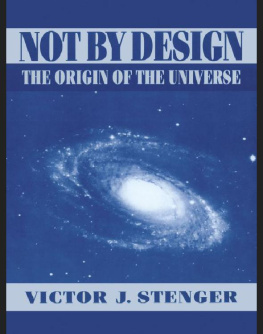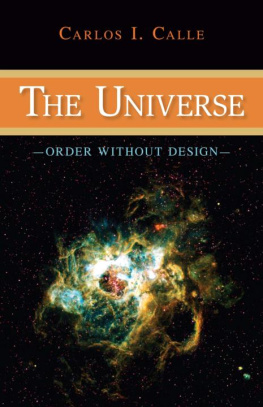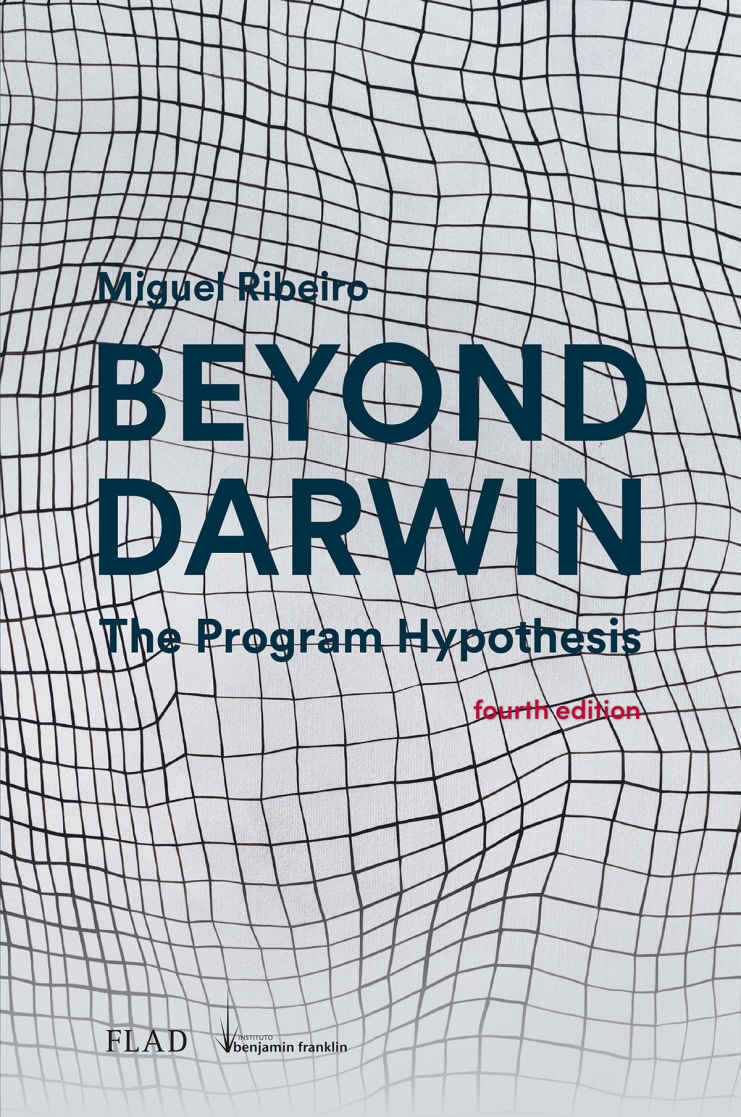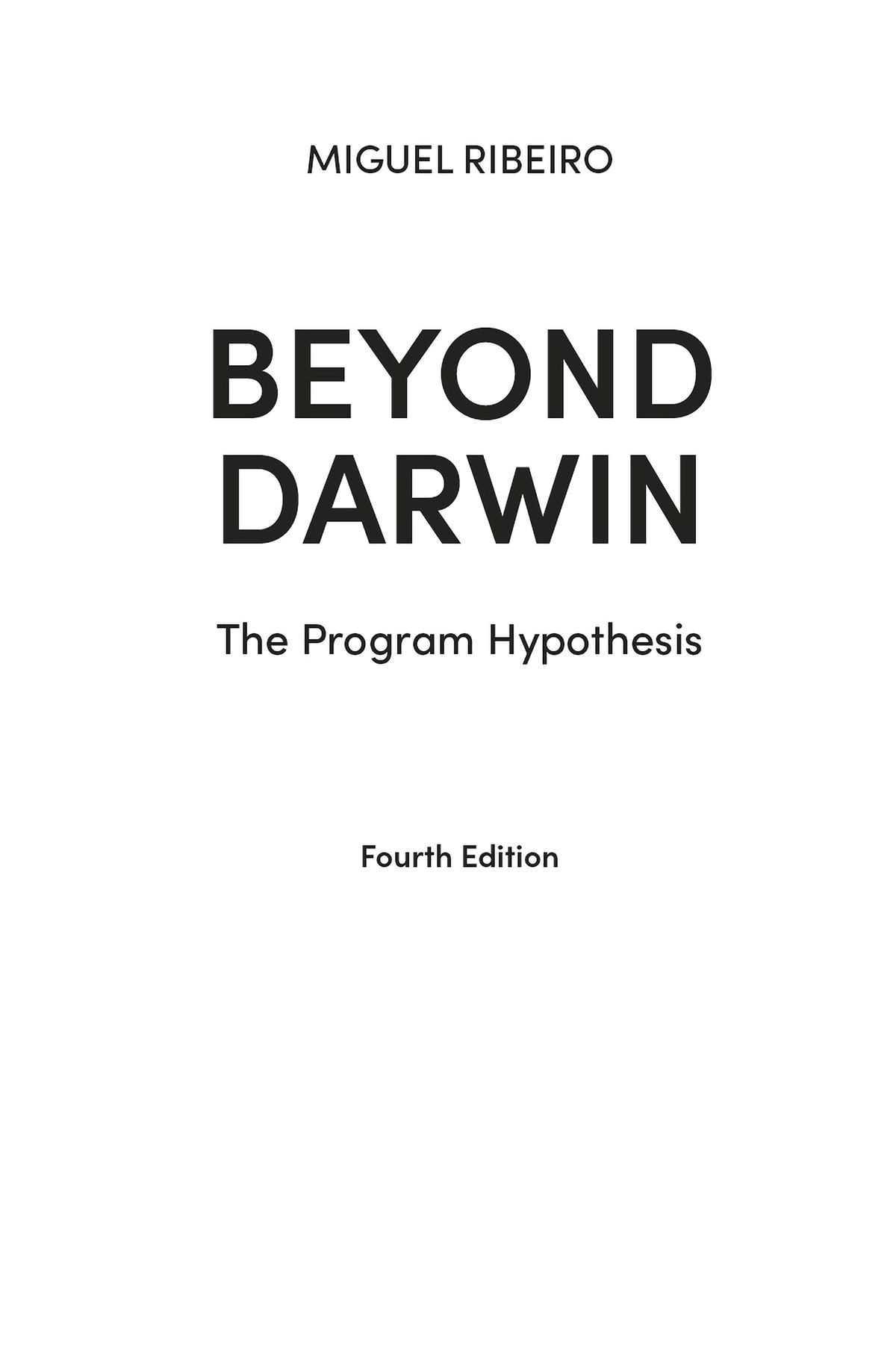(I.I.) refers to Imaginary Interview. (Sct) refers to Section. (Ftn) refers to Footnote. (App) refers to Appendix. (Glo) refers to Glossary. (Ref) refers to Reference. (A) refers to YouTube link.
PREFACE
CHANCE DOES NOT COMMAND LIFE
Edgar Morin has been dedicating a fair amount of his time raising awareness of the importance of complexity. Human development is impossible without the stimulating force of the learning process and the refusal to settle on simplistic explanations. Therefore, he argues that a personal attitude based on autonomy and responsibility requires: awareness against error and illusion; teaching methods that encourage seeing the context and the whole, instead of fragmented knowledge; recognition of the indissoluble link between unity and diversity of the human condition; grasp of a planetary identity that views humanity as a destiny community; the need to underline the unexpected and the uncertain as hallmarks of our times; education toward mutual understanding among people of different backgrounds and cultures; and development of an ethics of mankind, according to an inclusive citizenship.
The work of Miguel Ribeiro now presented, Beyond Darwin: The Program Hypothesis, corresponds, in essence, to these concerns. I have been following his reflective journey with great interest and venture to talk about the work, in spite of its difficulty, both in honour of the author and in the name of a human demand that of aspiring to understand the limits, by reflecting on them. Reading the pages of this book starting with the Imaginary Interview and proceeding through the four parts: An Alternative to Darwin, Universe, Probing the Genome, and Through the Prism of the Program I often felt transported to my Teilhard de Chardin readings of long ago, in the name of an audacious opening of horizons. Indeed, the grand questions about the world and life are always dominated by a veil of uncertainty that we cannot and should not ignore. And recalling the Romanesque universes, I must say that this work has something of an extraordinary detective novel or a mysterious tale by Jorge Lus Borges. The author will forgive me, but at times I felt myself in the library of
Umberto Ecos The Name of the Rose in search of the secrets of the universe, but also in the strange labyrinths in which the walls become deserts and in which the Ariadne of Theseus thread seems to become useless.
The fundamental starting point and focus of much attention in this work by Ribeiro is the answer to Why is randomness unable to generate complexity?. Further argued is that neither does the multiverse explain the cosmic coincidences, nor can the latter account for complexity. And considering that both Darwinism and the explanation of the origin of everything through a program describe the same story of the emergence and evolution of the universe and life, if randomness fails to explain this pathway to complexity, a program becomes indispensable in that regard. To Miguel Ribeiro, a program is not synonymous with a creator God, but is rather a necessary concept to define an information system that explains where we came from, how it all started, and where we are going to.
Central to this program is the second principle of thermodynamics, according to which the evolution of an isolated system (like the universe) tends toward progressive disorganization. We know the classical example of the broken glass that cannot spontaneously reconstruct itself. After all, without a program, the only possible trend after the Big Bang would be to total homogeneity, and never to an evolutionary dynamic, as we find in the cosmos. For the author, without a program, the history of the universe would only be understandable in thermodynamic logic if told in chronologically inverse order, that is, from our complex universe to the chaotic world of particles that followed the Big Bang.
Thus, it is important to consider the knowledge from the various competing sciences that conspire to explain the universe: biology, chemistry, physics, or philosophy. Ultimately, the universe is a perpetual motion machine that follows an evolution toward complexity by a web of events obeying the causality principle. Lavoisier is right: Nothing is lost, nothing is created, everything is transformed. This explains the universe as if it were a computer or a time machine. We are not only faced with the history of the universe, but also with the explanation of laws, constants, and mathematical equations that, rather than a string of coincidences, are in fact parameters of software.
In the authors dialogue with Darwin, one should ascertain the role of natural selection. Is the struggle for life the crucial creative element? No. To Miguel Ribeiro, natural selection does not explain the evolution of life far from creative, its role is restricted to elimination. Considering the evolutionary chain of the universe, what matters to the author is to contest the idea of randomness as the driver of that chain. That is the basis of his research and insights. For instance, on the origin of life, and citing the author, the mainstream view is that once science succeeds in explaining the spontaneous appearance of structures/molecules as complex as the cell membrane, nucleic acids, and amino acids, in the presence of energy the emergence of life is essentially explained. Contrary to this view, there is a lot more to consider for an assembly line to work, a strategy, a goal, a management, a direction is needed. The factory will not spontaneously work. Likewise, a bacteria, plant, or mammal presuppose a program.
The analogy between computer and universe becomes important in this reflection. And Miguel Ribeiro provides us with a metaphor: In a computer game, we have a diagram the electrical current that feeds the computer is a flow of electrons, converted by the program in patterns of zeros and ones, transformed into the audiovisual projection on the monitor. Likewise, the program of the universe converts quantum objects into patterns of atoms that the brain of living beings transforms into perceptions. Now, neither the projection on the monitor nor our perception reveal the true substrate, the reason for being respectively the patterns of zeros and ones and the patterns of atoms. That is all before.
Thus, leaving aside the religious and Kuhns standard science explanations, we discover a new frontier: that of the computer organization, defended, among others, by Seth Lloyd and Nick Bostrom. But, to coherently embrace the universe as if it were a computer, it is necessary to renounce the premise of random mutation that forces us to accept the primacy of chance, in Cournots line. And here lies the nodal point of the authors work and thought an attempt to demonstrate that complexity in incompatible with randomness and propose a model of the emergence and evolution of life consistent with the universe seen as an information highway. No, it is not chance that commands life.

